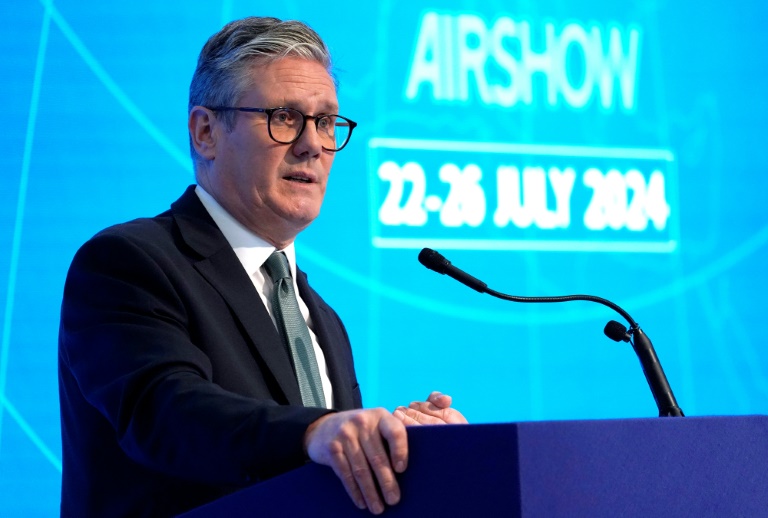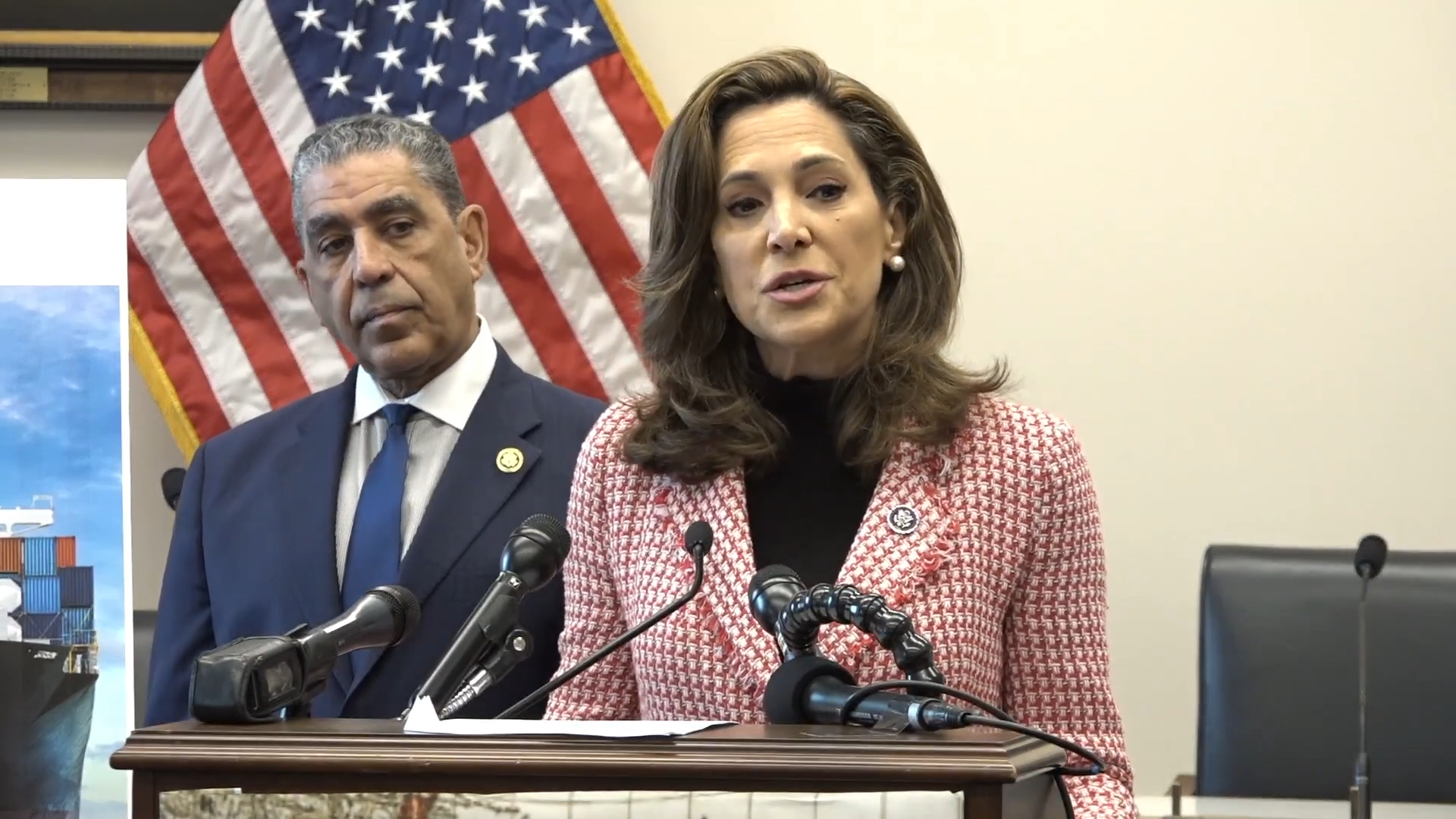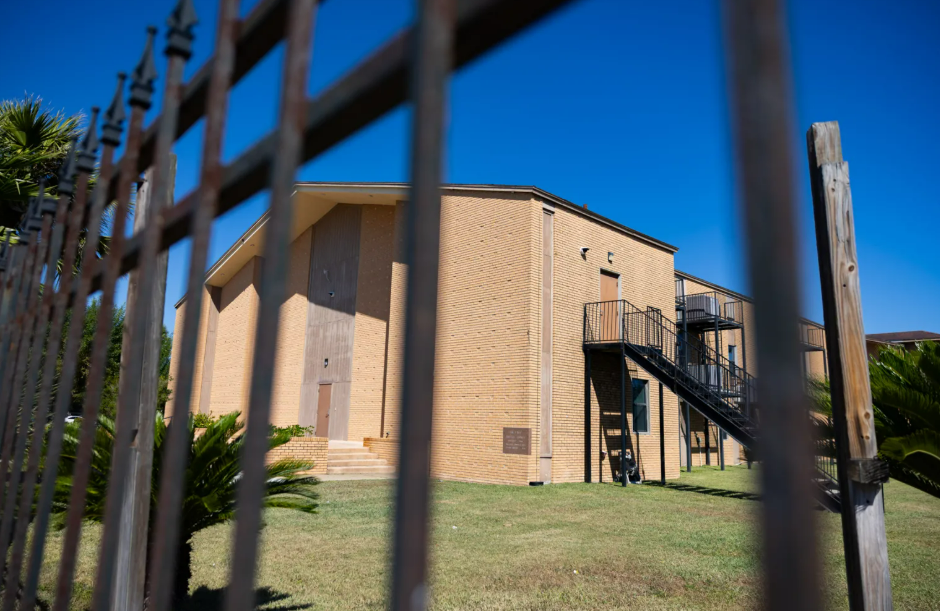Prime Minister Keir Starmer vowed Monday to reduce the UK’s “long-term reliance on overseas workers” as he unveiled a new skills training organisation aimed at boosting productivity and economic growth.
Starmer said his government hopes the new body — named Skills England — will transform “not just how we train our young people and adults, but also the relationship between business and education system”.
In a speech at the Farnborough International Airshow, the new UK leader added that many young people had been “let down” by a lack of skills training, creating an overreliance on migration within the economy.
“I do not criticise businesses who hire overseas workers and I certainly don’t diminish the contribution that migration makes to our economy, to our public services and of course to our communities,” he told the audience.
“Yet if you stand back, as a system it cannot be right that some people don’t get to feel the pride of making a contribution, the dignity of work, just because we can’t find a way of creating a coherent skill system.”
Starmer said his Labour government, elected on July 4 and facing calls to outline how it will tackle migration, “won’t be content just to pull the easy lever of importing skills”.
“We’re turning the page on that,” he insisted, pledging to “reduce our long-term reliance on overseas workers”.
Skills England will work with another public body, the Migration Advisory Committee, to identify current and future skills gaps and address them.
It will bring together central and local government, businesses, training providers and unions to do that, while providing strategic oversight of the skills system for over-16s, according to the education ministry.
It noted a third of productivity improvement over the last two decades can be explained by improvements to skills levels.
But between 2017 and 2022, UK skills shortages doubled to more than half a million and account for more than a third of job vacancies, the ministry said.
Net migration levels — the difference between those coming to the country and those leaving — have soared in recent years, reaching a record 764,000 in 2022.
Last year it was 685,000, driven by non-EU citizens.
“It is right that we get migration down,” Starmer said.
“It’s too high. That’s why… Skills England will be working on this issue to make sure that we got the skills in place to bring those levels down.”







